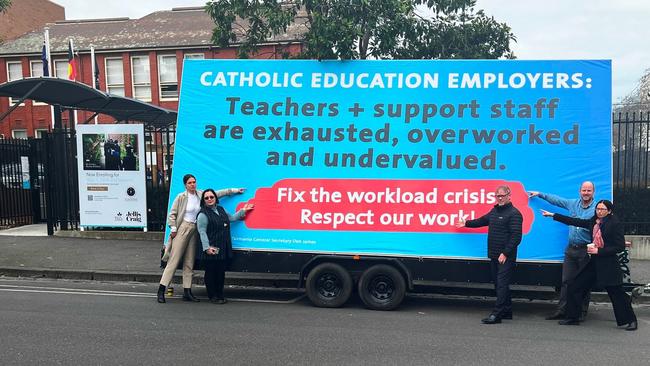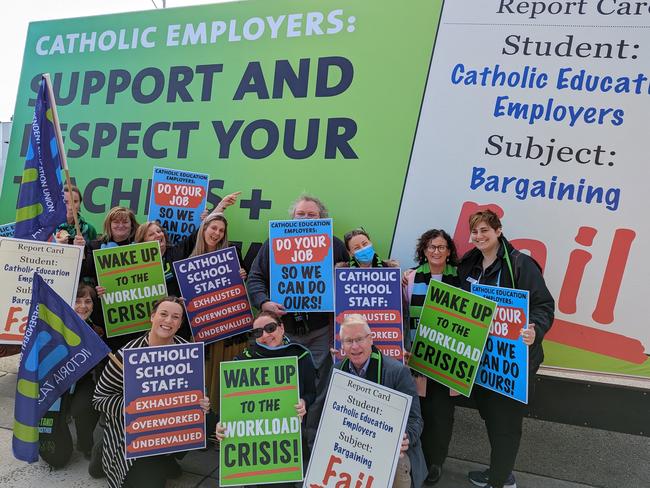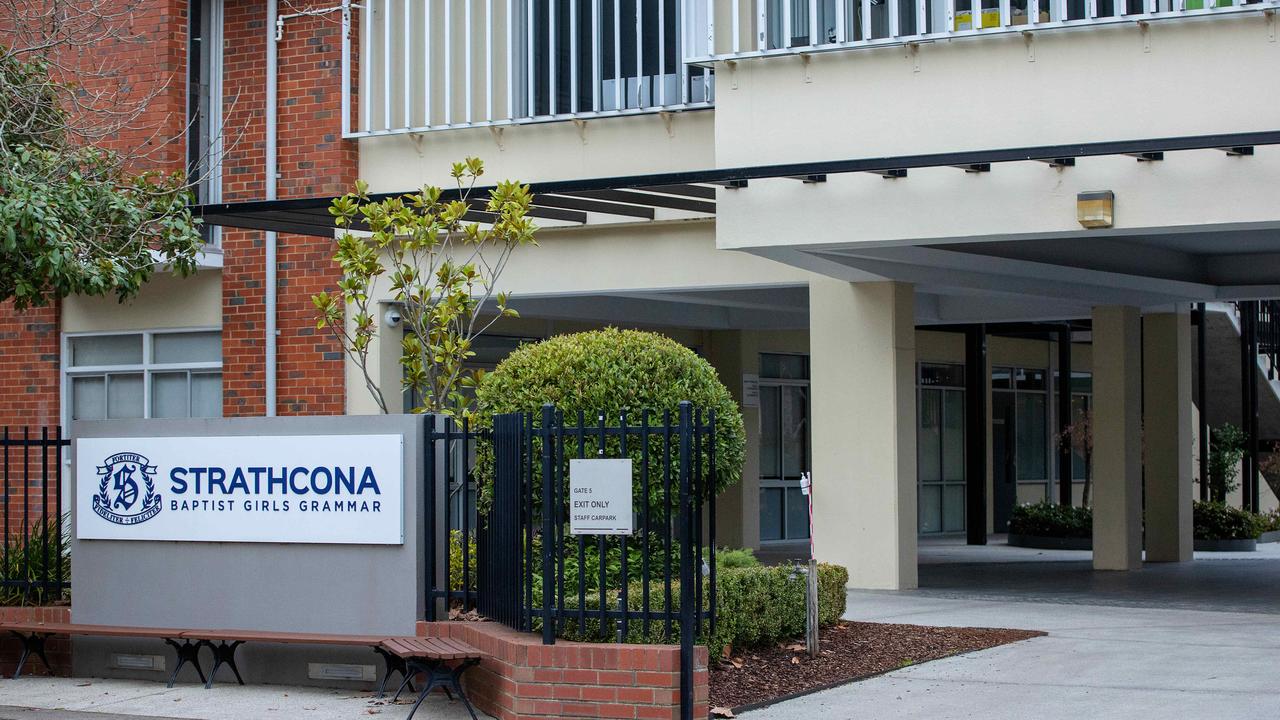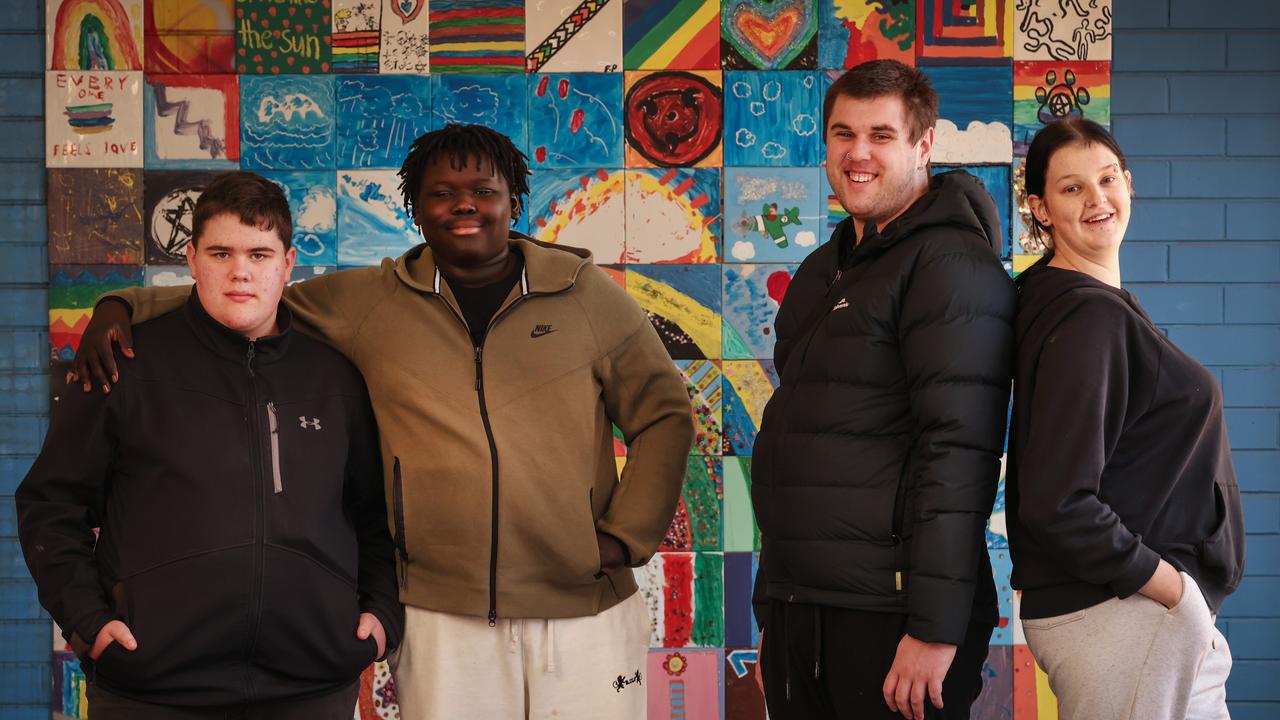Why Catholic schools risk falling behind
Catholic schools are at risk of becoming a second-tier education option, sparking an urgent plea to stop them falling behind.

Schools Hub
Don't miss out on the headlines from Schools Hub. Followed categories will be added to My News.
Catholic schools will end up a second-tier option if teachers fall behind their state peers in pay and conditions, the union has warned.
Enterprise bargaining negotiations between Catholic employers and the Independent Education Union have reached a stalemate and threaten to exacerbate already dire teacher shortages.
A leading issue of contention is secondary staff taking extra time covering for absent staff, which state school teachers do not have to do.
Other disputed issues include the right to refer disputes to external bodies, such as the Fair Work Commission, averaging of class time limits over a term and time in lieu for out-of-hours work.
The union is negotiating with Melbourne Archdiocese Catholic Schools (MACS) on behalf of three other Catholic school employers.
Around 50 Catholic schools in the Sale Diocese have a separate deal similar to that struck by state school workers which delivered two per cent annual pay increases, cuts to classroom teaching time and time in lieu for overtime.

But the union is now seeking to negotiate individually with more than 30 Catholic school employers as their frustrations with MACS negotiators mount.
Deb James, president of the Independent Education Union of Victoria, said the provisions sought by Catholic teachers did not cost more than the deal struck in state schools.
“There is absolutely no doubt that the Catholic education sector can afford to match it,” Ms James said.
The Melbourne Archdiocese Catholic Schools 2021 Financial Report states its 290 Catholic schools made a surplus of $154m and had a total income of $2bn. The net assets of the group was $2.4bn.
“We all know that teachers do heaps of additional, unpaid work in the evenings and on weekends – it’s causing widespread burnout and it’s pushing many good people out of the profession,” Ms James said.
“They seem determined to run on free labour – but they really need to ask themselves whether offering heavier workloads and poorer workplace cultures is going to help attract and retain teachers.”
Catholic Education Commission Victoria executive director Jim Miles said he was “committed to negotiating in good faith in a responsible and transparent process”.
“Equally, we want to formalise agreed outcomes regarding pay and other working conditions as soon as possible.
“We aim to allocate resources in ways that deliver the best outcomes for students and families while fairly and responsibly rewarding our staff.”
Discussions so far have secured time in lieu for teachers, better regulation of teacher hours, reduced scheduled class time limits and introduction of a flexible leave day.





